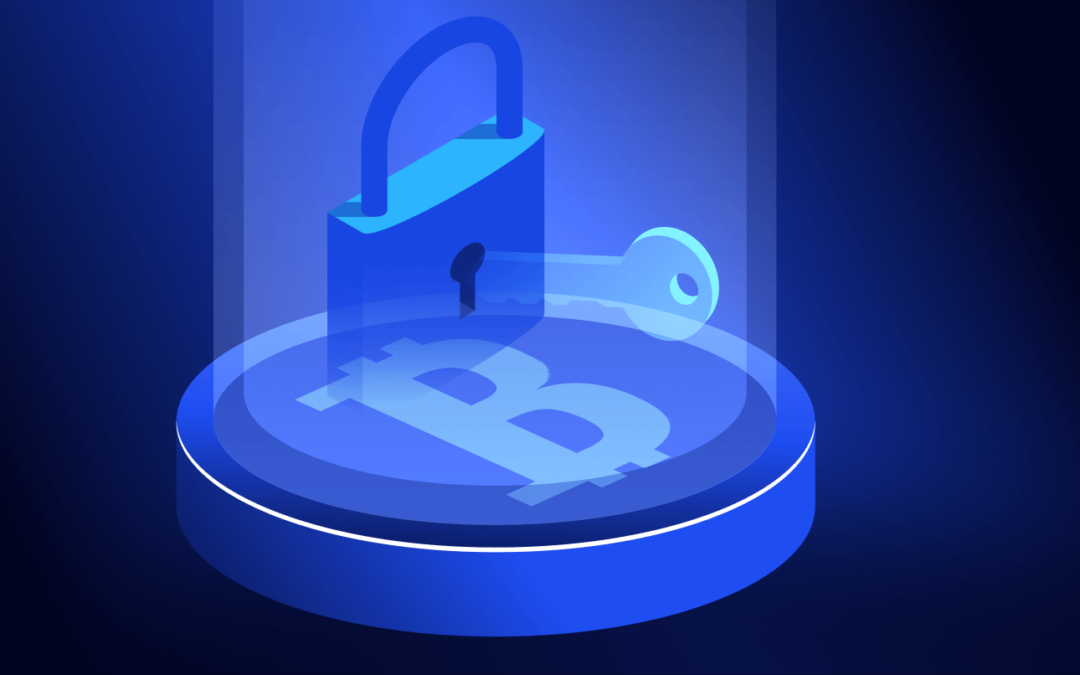Where Do You Store Bitcoin? A Beginner’s Guide to Keeping Your Crypto Safe
If you’re new to the world of Bitcoin, one of the first questions you’ll probably ask is: “Where do I actually store it?” Unlike physical cash, Bitcoin doesn’t live in your wallet or under your mattress. It lives on the blockchain—and you access it through a digital wallet. But not all wallets are created equal.
Let’s break it down in simple terms so you can confidently choose the right place to store your Bitcoin.
What Is a Bitcoin Wallet?
A Bitcoin wallet is a digital tool that lets you send, receive, and store your Bitcoin securely. It doesn’t physically hold your Bitcoin but gives you access to it via your private keys—which are like your secret password.
There are two main types of wallets: hot wallets and cold wallets.
Hot Wallets (Online)
Hot wallets are connected to the internet, making them easy to use for day-to-day transactions. Think of them as the crypto equivalent of your checking account.
Popular Hot Wallets:
- Mobile wallets (e.g. Trust Wallet, Mycelium)
- Desktop wallets (e.g. Electrum, Exodus)
- Web wallets (e.g. Blockchain.com, Coinbase Wallet)
Pros:
- Convenient and fast
- Easy to set up
- Good for beginners
Cons:
- More vulnerable to hacks and malware
Cold Wallets (Offline)
Cold wallets are not connected to the internet, which makes them much safer for long-term storage—think of them as your crypto savings account.
Types of Cold Wallets:
- Hardware wallets (e.g. Ledger Nano X, Trezor)
- Paper wallets (literally a printout of your keys)
Pros:
- Very secure
- Immune to online hacking
Cons:
- Less convenient for everyday use
- Can be lost or damaged if not backed up properly
Custodial vs. Non-Custodial Wallets
- Custodial wallets are managed by third parties like exchanges. You don’t control the private keys (e.g. wallets on Binance, Coinbase).
- Non-custodial wallets give you full control of your crypto (e.g. MetaMask, Electrum).
Remember: If it’s not your key, it’s not your coin.
Which Wallet Should You Use?
It depends on your goals:
- Just dabbling in crypto? Start with a hot wallet.
- Investing for the long term? Go for a cold wallet.
- Using a large exchange like Coinbase? Consider transferring your Bitcoin to a private wallet for better security.
Final Thoughts
Bitcoin is all about being your own bank—but with that power comes responsibility. Where you store your Bitcoin matters more than you think. Whether you choose a hot wallet, cold wallet, or a combination of both, make sure you understand how it works and always keep your backup phrase safe.
If you lose access to your wallet, there’s no “forgot password” button.
Stay safe and store smart.

